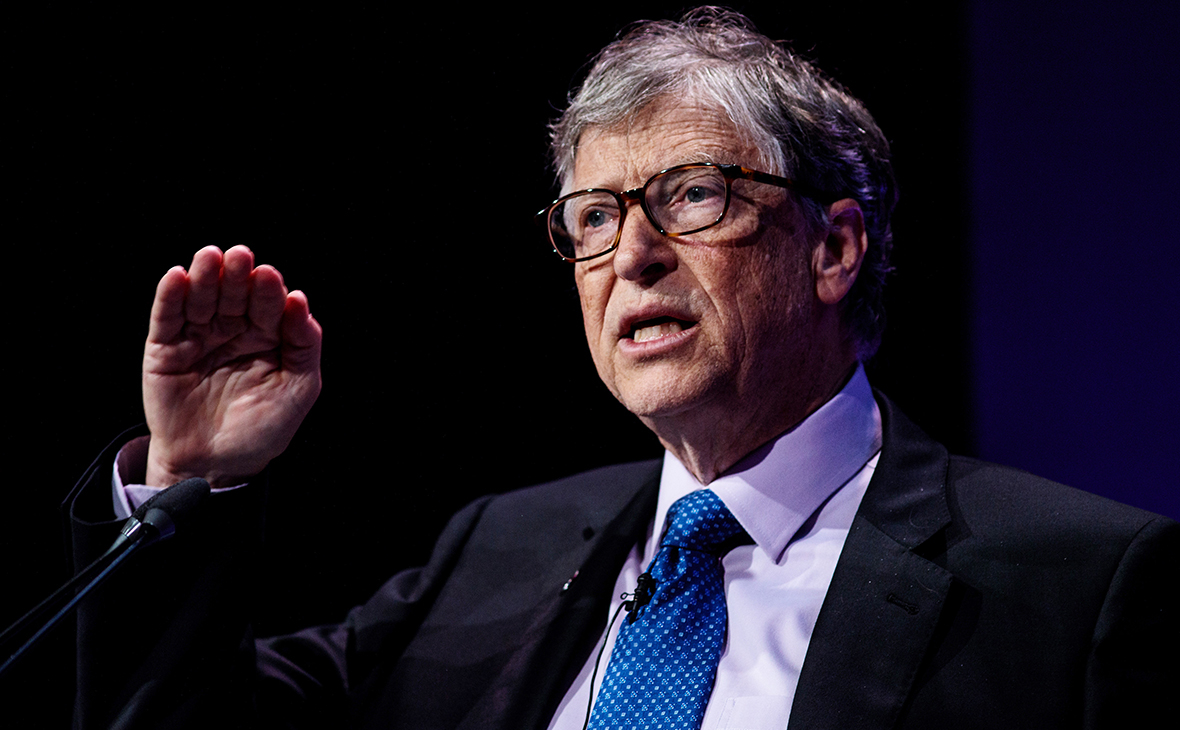While Bill Gates frequently fields questions on high-profile topics like artificial intelligence, climate change, and pandemics, there are other, less-discussed areas he finds just as crucial—and he’s “surprised” that more people don’t inquire about them. In a recent episode of the Possible podcast with LinkedIn co-founder Reid Hoffman, Gates shared his curiosity about fundamental issues that rarely make the headlines but are pivotal to societal well-being.
“When I first said, ‘What do kids die of?’ I had a hard time finding out, and I would have thought, ‘Shouldn’t we all be asking that kind of thing?’” Gates remarked. He believes understanding issues like child mortality, malnutrition, and disease prevention is “more important than GDP” as indicators of a society’s health and values.
Gates, 69, has devoted decades to advancing global health initiatives, spurred by a realization he had nearly 30 years ago. After reading about unsafe drinking water and its role in millions of preventable child deaths each year, he became intensely focused on addressing the factors that contribute to such tragedies. “I’ve thought about why children die literally every day since,” he shared in a 2022 blog post.
The World Health Organization supports Gates’ viewpoint on the significance of these issues. According to the WHO, malnutrition alone costs the global economy $3.5 trillion each year in lost productivity. For Gates, statistics on issues like child mortality reveal more about a society’s health than economic indicators like GDP. “It’s one of the most important questions ever,” he wrote, arguing that protecting children, especially the most vulnerable, is a true measure of a society’s progress.
Gates also noted that addressing malnutrition would only require 1% to 2% of wealthy nations’ budgets, underscoring the notion that such “boring” but vital issues are solvable with modest financial resources from wealthier countries. He suggests that these concerns should be addressed by leaders and institutions without relying on average people’s involvement.
Still, he finds it curious that more people don’t share his interest in these critical, yet often overlooked, topics. “I’m surprised people aren’t more curious,” Gates said, underscoring the need for a broader societal focus on the issues that impact the world’s most vulnerable populations.














